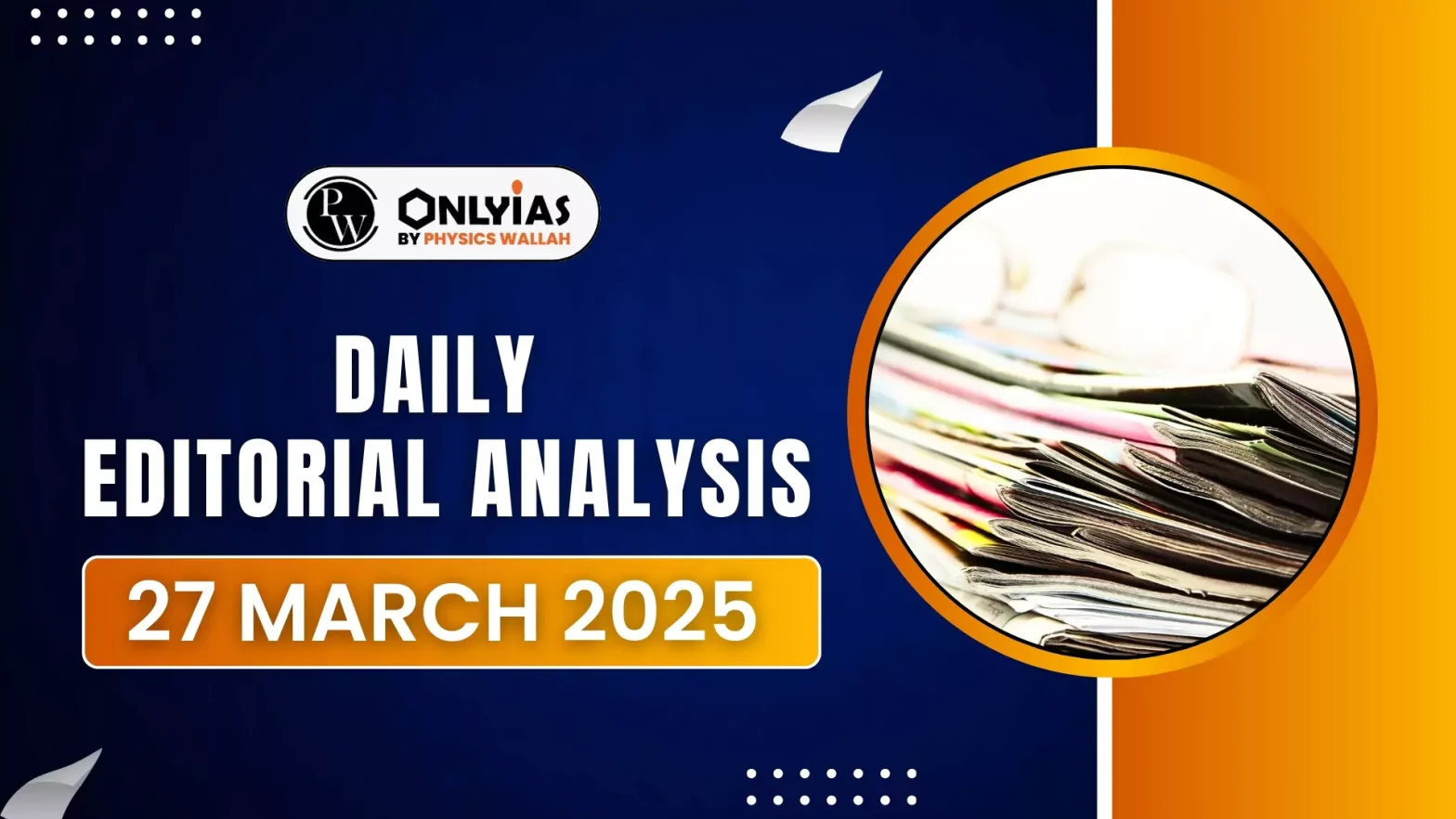The CBSE has proposed allowing Class 10 students to take their board examinations twice in a year, tentatively scheduled for February/March and May.
New Reforms
- Alignment: The reform is aligned with NEP 2020 and aims to reduce pressure on students, provide an additional opportunity to improve scores, and introduce a more holistic assessment model.
- Objective: The proposal, “Draft Scheme for Two Examinations, Class X from 2026”, aims to address operational and pedagogical concerns, but it also brings significant challenges.
Issues with New Reforms
- Focus on Logistics: The draft prioritizes scheduling and logistics over conceptual learning, despite NEP 2020 emphasizing competency-based assessment and a shift towards conceptual learning.
- Unclear Question Design: It remains uncertain how the question papers will reflect the shift to test core competencies instead of memorization.
- Dominance of Coaching industry: This lack of clarity may lead to coaching-driven preparation, which could counter the goal of reducing student stress.
- Risk of Increased Burden: Instead of alleviating pressure, this reform may force students to prepare intensively for two examination cycles instead of one, potentially increasing stress and workload.
-
- However, this approach may also lead to increased stress for students, as they would have to prepare for major exams twice instead of once.
- Increased Expectations: Additionally, parents’ expectations for good marks would apply twice, potentially doubling the pressure on students.
- Scale of Implementation: According to CBSE estimates, 26.6 lakh students will appear for the 2026 exams. With two examination cycles, the total number of answer scripts for evaluation will exceed 1.72 crore. Managing this scale will require:
- A vast pool of evaluators
- A system to maintain uniform grading standards.
- Overlap with Class 12th Boards: An additional layer of complexity arises due to the overlap with Class 12 exams (projected to involve about 20 lakh students).
- Two-month gap: Students who underperform in February will have only about two months to prepare for the second attempt in May.
- Lack of Structured Support: Without structured remediation, students might attempt to re-memorize rather than address fundamental gaps in their learning. This contradicts NEP 2020’s vision of reducing rote learning.
- Shortage of Evaluators:The increase in the number of examinations will require a vast pool of evaluators to manage the grading load.
- Security Risks: With multiple examinations being conducted for the same subjects at different times, the security risks associated with question papers increase.
- Adaptation Challenges for State Boards: The state boards may face difficulty in adapting to the two-examination system if it is implemented without sufficient preparation.
- Unfair Fee Structure: The policy mandates that students must pay the examination fee for both attempts, even if they only wish to take the exam once.
- This policy penalizes students who are confident of performing well in the first exam, forcing them to pay for a second non-refundable attempt.
- It raises questions about fairness and the potential financial burden on families.
- Lack of Clarity:There is no clear information on whether fee waivers or concessions will be provided for economically disadvantaged students who are unable to afford the additional examination fees.
- Inequality: The introduction of two exams per academic year creates an opportunity for private coaching centers to capitalize on the system.
- Wealthier students who can afford specialized coaching for the second attempt might gain an unfair advantage, further entrenching inequalities in the education system.
- Impact on Foreign University Applications:The delayed results could also affect students applying to foreign universities, as most international institutions have fixed deadlines for admissions.
- A comparison can be drawn with the UPSC Mains examination results, where delays in results have often disrupted preparation for subsequent stages
Way Forward
- Structured Remedial Programs: Establish structured remedial programs between the two examination cycles to help students who perform poorly in the first attempt.
- Expand Pilot Programs: Extend the ongoing pilot programs to varied regions and contexts before implementing the policy nationwide.
- Phased Implementation: Implement the two-examination system in phases.
- Fair Fee Structure: Implement a fair fee structure that allows students to pay only for one attempt if they choose not to take the second examination.
- Promote Competency-Based Learning: Redesign question papers to reflect competency-based assessments rather than rote memorization.
- International Models: Study international models of two-examination systems or continuous assessment to adopt best practices.
Conclusion
While the intent behind the proposed two-examination system for Class 10 students is commendable, focused on reducing stress and promoting holistic learning, the execution will ultimately determine its success. Below are key points to consider regarding the implementation of the reform.
![]() 27 Mar 2025
27 Mar 2025
